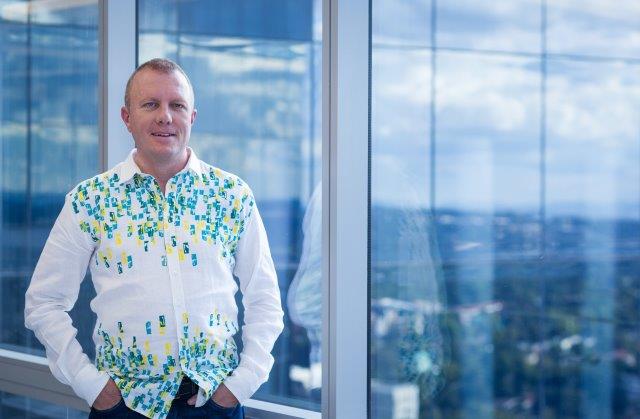South Africa can set a positive example for the rest of the continent in dealing with the impact of the global Covid-19 pandemic, and its long-term economic and socio-political fallout. This is the view of Paragon Group Director Henning Rasmuss, who comments that South African companies stand to play a vital leadership role in Africa during this unprecedented time.
“We have spent large amounts of time engaging with clients, consultants and partners in African countries to share our experiences. The continent is looking to South Africa for leadership, and we have to be seen to be providing it as South African companies,” Rasmuss stresses.
The Covid-19 crisis comes at a time of a pre-existing low in the local business confidence index. “So we have just about the worst starting point for an economic crisis that washes over us in the form of a health crisis. From this starting position, Paragon Group was already making careful decisions,” Rasmuss notes.
These included acting conservatively, managing risk more actively, taking measures to conserve cash, and monitoring markets and clients closely. “We have adapted by home-working, and by taking immediate action in terms of protecting vulnerable communities within our reach,” Rasmuss adds.
“We have seen projects being delayed or stopped and construction sites stopped. We have seen a drop in productivity around us, and we have seen a change in payment culture as many companies protect their businesses by cutting off service providers,” Rasmuss highlights.
“This affects suppliers, contractors and sub-contractors, as well as our businesses. This is the time when you need strong personal relationships in order to negotiate your commercial position with clients.”
On the positive side, the impact has included better internal communication, improved flexibility in decision-making, great support from IT service providers, and the emergence of a semblance of moral leadership at senior levels of government.
Key to company survival in the current market conditions are autonomous working methods and a high level of individual trust inside companies and within teams. Deploying cash judiciously is also critical. “Always plan not only for a ‘Plan B’, but for a worst-case scenario,” Rasmuss advises.
With the ‘new normal’ being a larger number of smaller projects, Paragon Group is focusing on improved collaboration, less talking and more doing, less policy and more implementation and instant decision-making.
“The ‘new normal’ is possibly also a new working relationship between government and business, built on mutual respect and trust,” Rasmuss points out. “Do your best work in this time. Trust your people. Conserve your cash. Trust your gut instinct. Stay debt-free,” he concludes.
Also Read: Effects of COVID-19 (Corona Virus) on the construction industry
About Paragon
Paragon, established in October 1997, is an internationally-active design business, based in Johannesburg. The company delivers commercial architecture, masterplanning, interior design, and space planning to visionary clients in all property sectors, from retail to residential and education.
Paragon is committed to global urban development and it is able and agile. Paragon is flexible and diverse in its approach to design. Each project is unique and not driven by style, but by lifestyle and a response to user needs. Elegant and efficient planning form the core of designs. Paragon understands the needs of clients, and know how to generate ever new architectural forms in a competitive property market.
Paragon is known for hands-on engagement with all opportunities present in the modern global building industry. The true measure of the company’s skill is the ability to engage at all levels and with all players that make up the colourful world of construction and property development. Paragon embraces the future, because it will be a part of it – part of its problems and responsibilities, and part of its great freedoms and achievements.

Leave a Reply